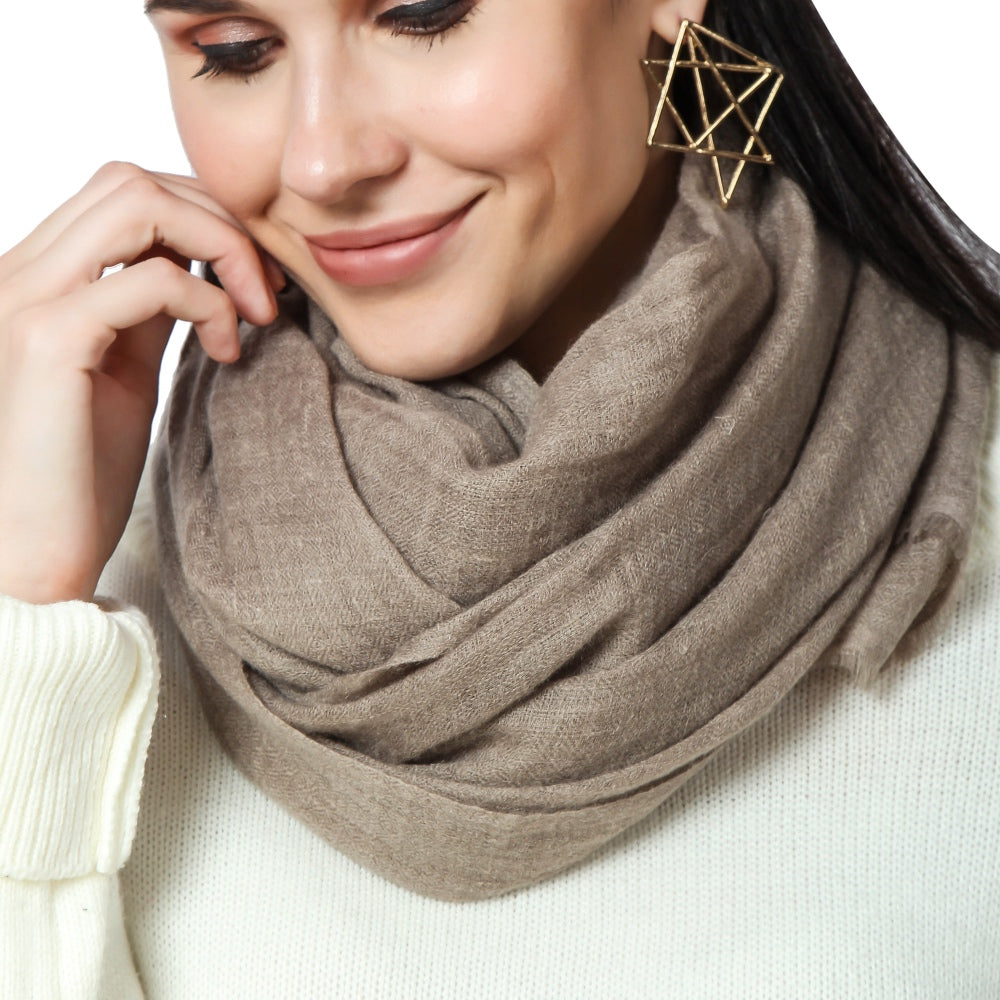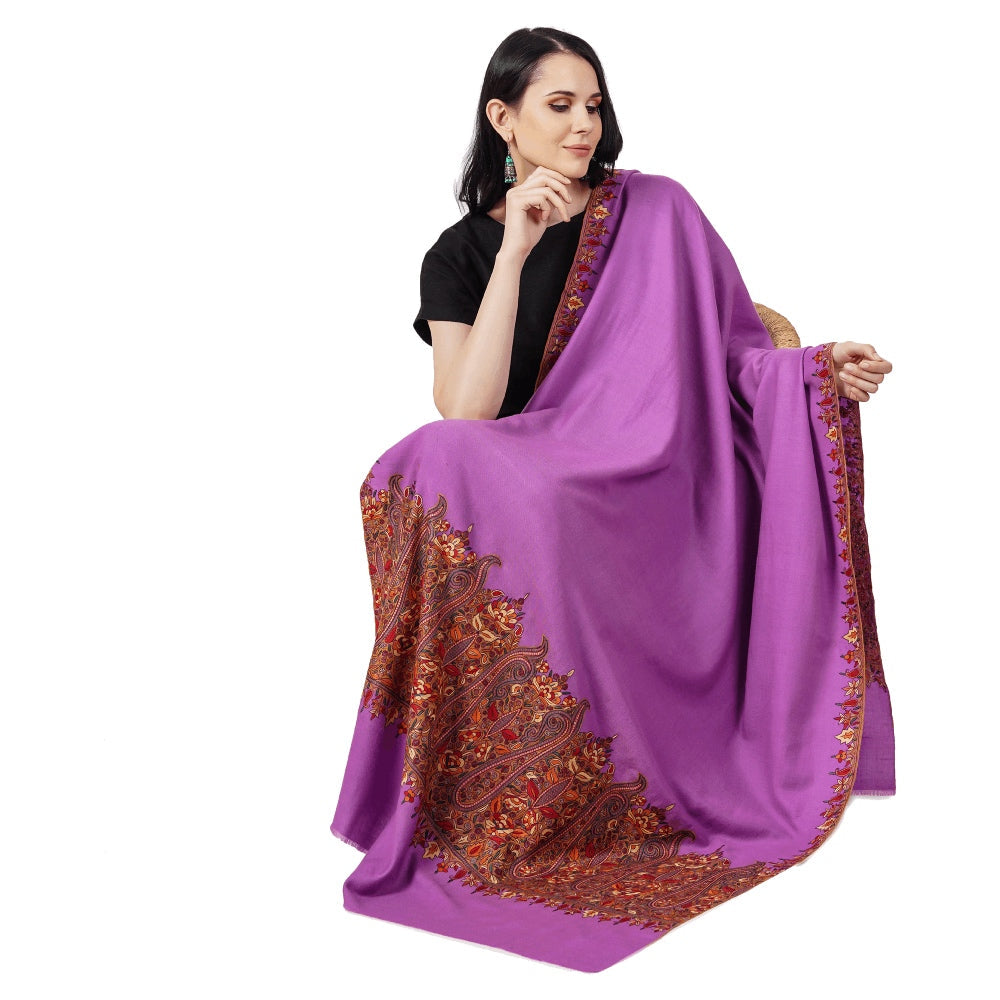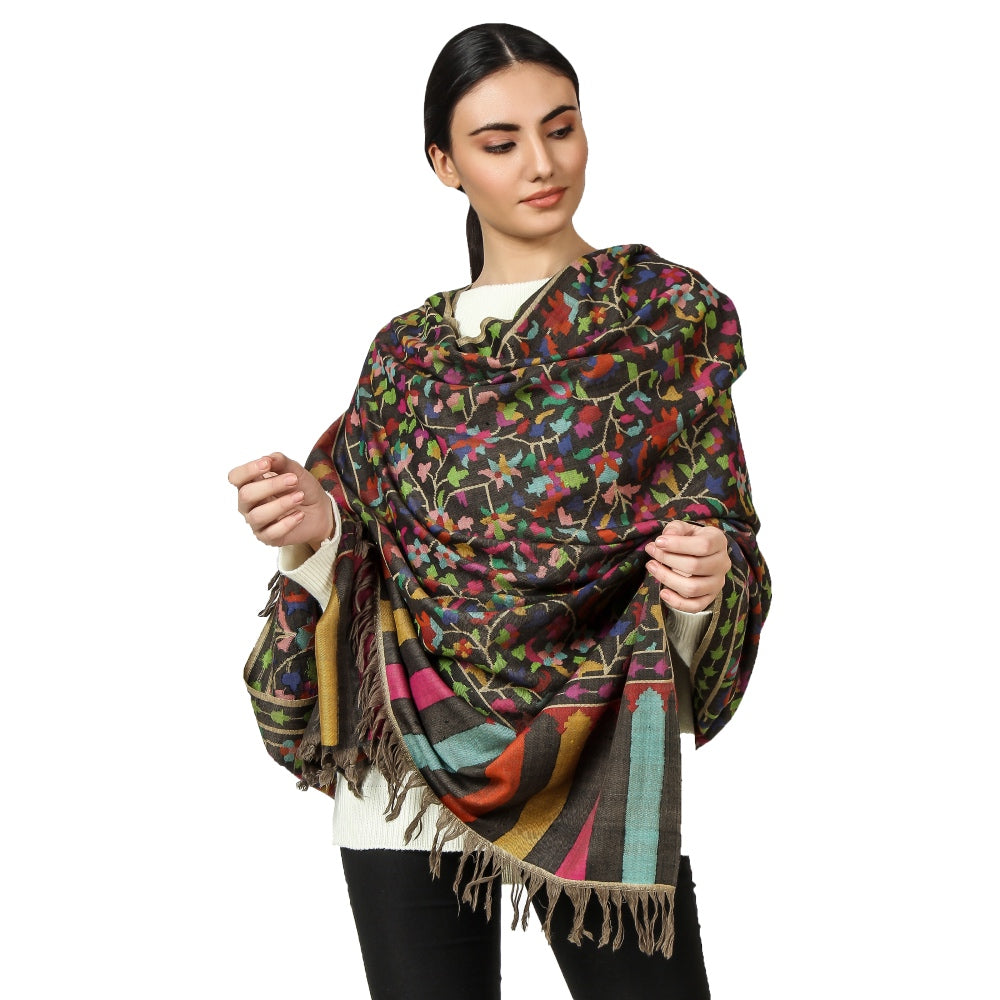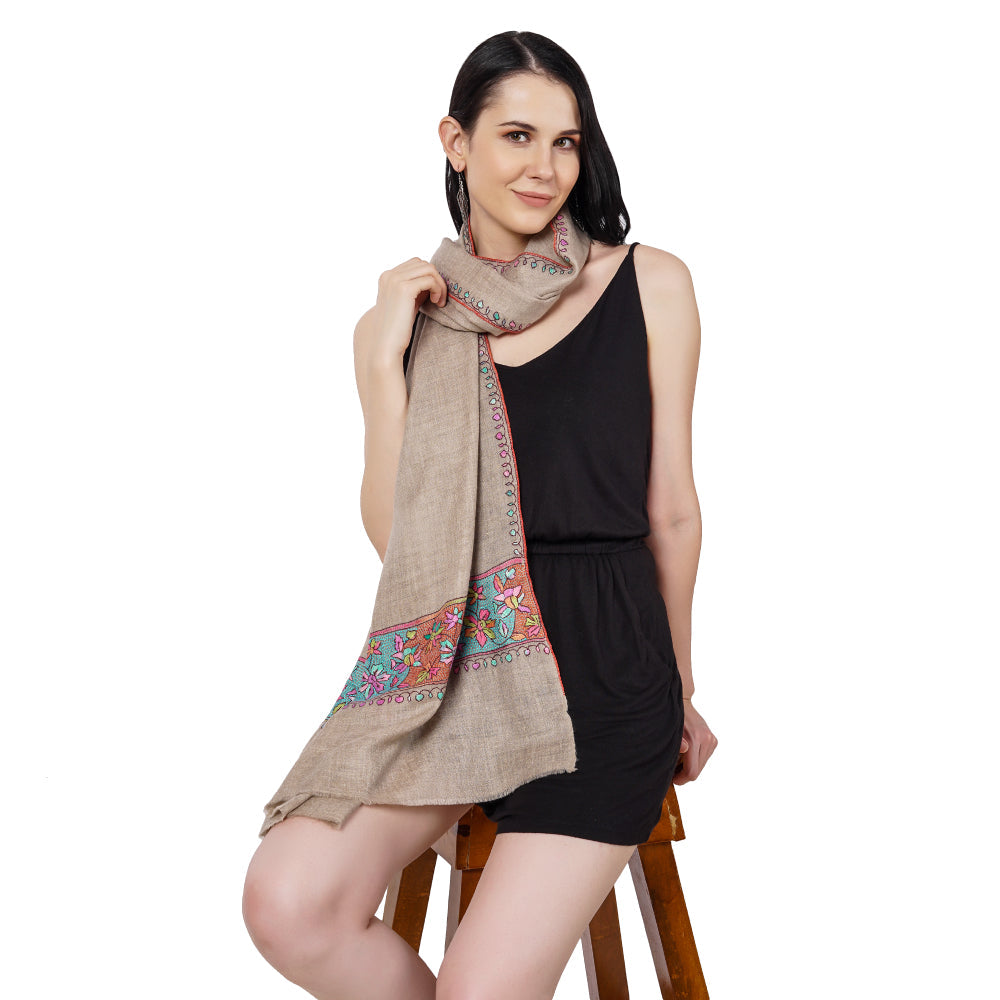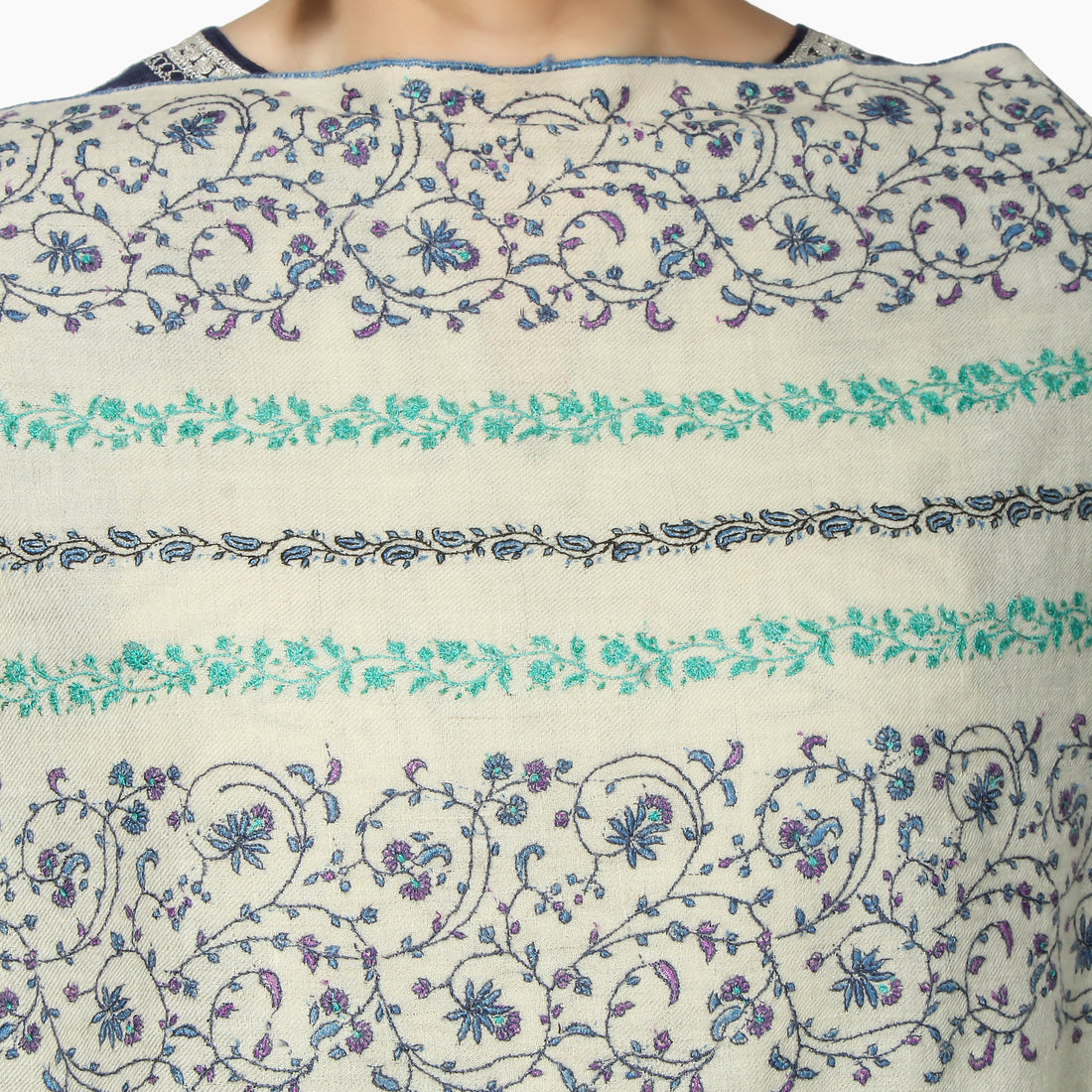
Is Pashmina Banned in the USA?
Share
Introduction
Pashmina, often associated with luxury, warmth, and style, has gained immense popularity worldwide. Known for its softness and remarkable insulation properties, pashmina is cherished for its ability to provide both comfort and elegance. However, there has been some confusion and controversy surrounding the status of pashmina in the United States. This blog aims to clarify the situation and address the question: Is pashmina banned in the USA?
also read:- a detailed blog on where can i buy pashmina shawl online
Understanding Pashmina
Before we delve into the regulations and potential bans, let's first understand what pashmina is. Pashmina is a type of fine cashmere wool that comes from the undercoat of Himalayan mountain goats, particularly the Changthangi or Pashmina goat. The term "pashmina" itself refers to the finest and most luxurious grade of cashmere wool.
The wool is renowned for its exceptional softness and warmth, and it has been used for centuries to create high-quality shawls, scarves, and other clothing items. Genuine pashmina is highly prized for its quality, and it has become a symbol of luxury and sophistication in the fashion world.
Pashmina in the USA
There has been some confusion regarding the legality of selling and importing pashmina products in the United States. While pashmina itself is not banned in the USA, there have been concerns about the mislabeling and misrepresentation of pashmina products, leading to stricter regulations and enforcement.

Regulations and Mislabeling
In the past, there have been instances where products labeled as "pashmina" were found to be made from alternative materials, such as rayon, acrylic, or a blend of other fibers. This mislabeling can be misleading for consumers who are seeking genuine pashmina products. To address this issue, the U.S. Federal Trade Commission (FTC) has set specific guidelines for labeling pashmina products.
also read::- a detailed blog on 10 reasons to buy a cashmere scarf now
FTC Guidelines
The FTC guidelines require that products labeled as "pashmina" must meet certain criteria. According to these guidelines, a product can only be labeled as "pashmina" if it is made from 100% pure pashmina wool. If the product is a blend of pashmina and other fibers, it must be labeled as such, specifying the percentage of pashmina in the blend.
The intention behind these guidelines is to protect consumers from purchasing misrepresented or falsely labeled products. While these regulations do not ban pashmina, they do ensure that pashmina products are accurately labeled, providing transparency and clarity for consumers.
Penalties for Violation
Businesses that do not comply with the FTC guidelines regarding pashmina labeling may face penalties. These penalties can include fines and legal action, which further emphasize the importance of accurately representing pashmina products. It is in the best interest of both consumers and businesses to adhere to these regulations.
Spotting Genuine Pashmina
To ensure that you are purchasing genuine pashmina products, there are several factors to consider:
-
Read the Label: Always check the label for the fiber content. Genuine pashmina should be labeled as 100% pashmina or specify the percentage if blended with other fibers.
-
Feel the Fabric: Genuine pashmina is incredibly soft and fine. It should feel delicate and luxurious to the touch.
-
Price: Authentic pashmina products are not cheap. Be wary of products that claim to be pashmina at a significantly lower price point.
-
Seller Reputation: Purchase from reputable sellers and brands known for their quality and authenticity.
The Popularity of Pashmina
Despite the regulations and occasional mislabeling concerns, pashmina remains highly popular in the United States. Its warmth, softness, and versatility make it a favored choice for consumers looking for elegant and comfortable accessories.
Pashmina shawls and scarves have become staples in many wardrobes, especially for special occasions or as stylish everyday accessories. They are cherished for their ability to provide warmth without sacrificing style, making them a sought-after fashion item.
Conclusion
In summary, pashmina is not banned in the USA. However, there are regulations in place to ensure that pashmina products are accurately labeled, protecting consumers from misrepresentation and deception. These regulations are essential for maintaining transparency in the market and upholding the integrity of the pashmina industry.
When purchasing pashmina products, it's important to be an informed consumer and pay attention to labels, quality, and the reputation of the seller. Genuine pashmina is a prized and luxurious material, and its popularity in the USA continues to grow. By following the guidelines and tips provided, you can confidently enjoy the warmth and elegance of authentic pashmina products without any legal concerns

